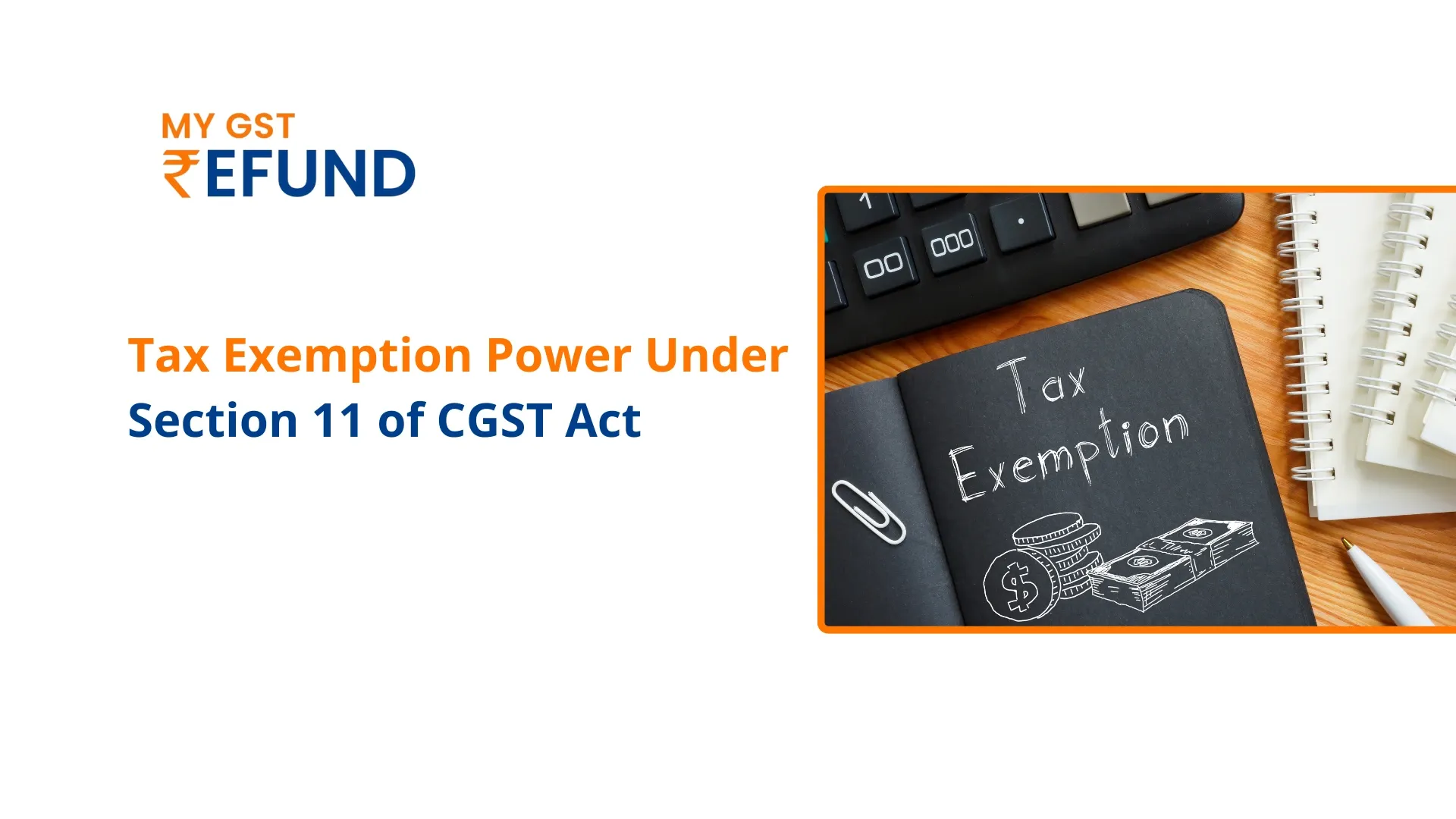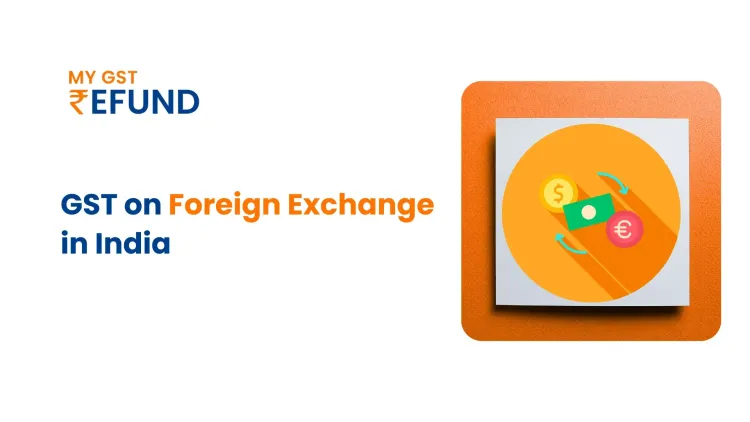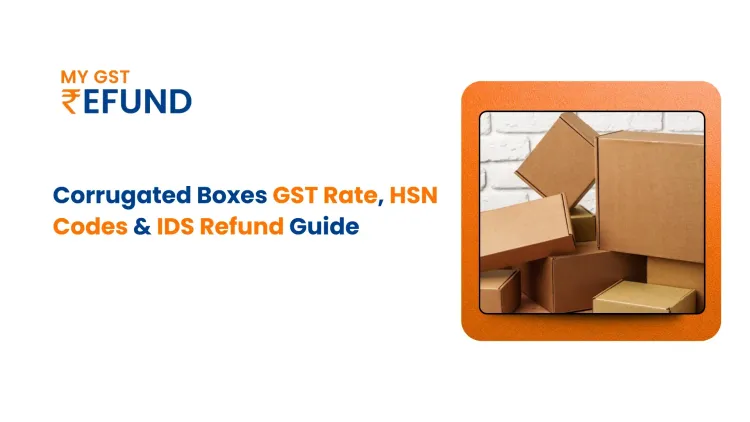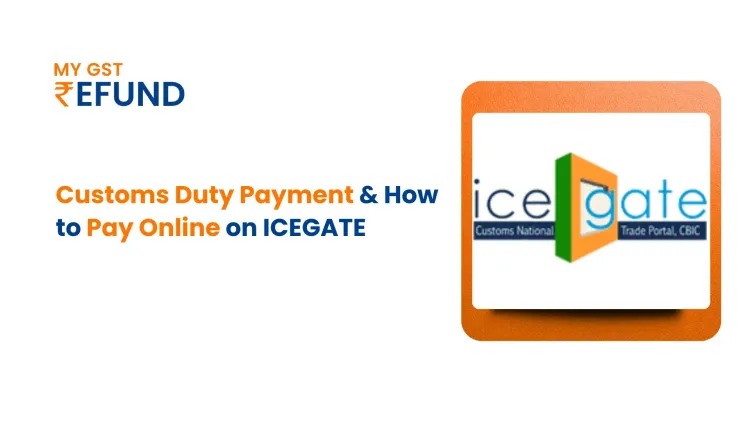Tax Exemption Power Under Section 11 of CGST Act
The Goods and Services Tax (GST) system is meant to simplify tax collection in India. An important feature of the system is its ability to change the taxes to fulfil the needs of he public. Power to Grant Exemption from Tax under CGST Act Section 11 provides the government the authority to grant exemptions from taxes on goods and services. The provisions guarantee that government relief can be granted to specific sectors, goods or services if this is considered necessary by the public interest. In this article, we will explore how the Power to Grant Exemption from Tax works, conditions for tax exemption GST, and how it benefits various sectors in India.
Overview of CGST Act Section 11
The exemption of goods and services from taxation by the government is prescribed in CGST Act Section 11. They can be absolute (no tax at all) or conditional (certain conditions apply). While the power of creating exemptions is not arbitrary, the guidelines to exercise this power have been set clearly, and it relies almost exclusively on the recommendations of the GST Council.
Types of Exemptions under Section 11
1. General Exemptions (Section 11(1))
Section 11(1) allows the government to exempt certain goods and services upon receiving a request that meets prescribed conditions. The exemption is granted for reasons deemed appropriate by the Minister of Trade or any other Minister specified in the request. Notification is issued by these exemptions, which come after the recommendations made by the GST Council. Either the entire tax or only a part may be exempt. A government can exempt a good or a service or both from the exemption.
For example, we see essential goods of raw agricultural produce or unprocessed food items are usually exempted from GST so that the products remain affordable to normal public. Agriculture and healthcare are such big sectors, and they absolutely need these exemptions because it is about basic needs here.
2. Special Exemptions (Section 11(2))
- Section 11(2) allows the government Power to Grant Exemption from Tax in special circumstances. These exceptions are not the ordinary type of tax exemption under GST, and they are granted by order. This serves as a basis by which the government can react swiftly and appropriately to urgent and exceptional situations, for example natural disasters or public health emergencies.
- This tax exemption under GST has a unique feature of flexibility. Exemption can be granted for specific categories or sectors and it is not necessary to publish in the official gazette. Some of these exemptions may also be granted retroactively by the government, so if you want, the exemption can be valid with respect to past periods.
The COVID-19 pandemic served as an example of that. For medical supplies and services applicable to COVID-19 the government provided special exemptions so these essential goods and services remain affordable and available to the public.
3. Clarifications and Amendments (Section 11(3))
Exemption notifications issued under Sections 11(1) or 11(2) usually have unclear wording sometimes. However, Section 11(3) has empowered the government to do clarifications or amendments to the notified exemption notifications to resolve these ambiguities.
The original notification can be followed by these clarifications within one year of the original notification and such clarifications will be applied retroactively. The scope of the exemption is not being changed; rather, these clarifications are meant to clear up any confusion. For instance, if GST was exempted for a particular good and the notification did not specify its category clearly, the government could come out with an explanation to define that particular good.
Conditions for Tax Exemption GST
Power to Grant Exemption from Tax under Section 11 are not random; they follow certain conditions for tax exemption GST. These include:
- Public Interest: The public interest must be furthered by the exception. The exemption must be justified by the government to the benefit of the public or a section of society.
- GST Council Recommendations: Any exemptions can be granted only after receiving recommendations of the GST Council. In order to align the exemptions with the national tax policies, the council comprises representatives of the central as well as state governments.
- Specific Goods or Services: Certain goods or services are exempted. It does not constitute an exemption for everything in a sector.
- Effective Dates: An effective date is specified for every exemption in the notification. This exception takes place only from the specified date.
Practical Applications of GST Exemptions
- Agriculture : Costs for farmers and consumers are lowered, and productivity rises, by virtue of exemptions on agricultural goods and services.
- Healthcare :The GST exemptions make lifesaving medicines and medical equipment and services cheaper and more accessible for low income groups.
- Education :Students enjoy low cost education by educational services’ exemptions.
- Small Businesses and Startups :The exemptions on GST help small businesses and startups to grow and create jobs since they end up lowering the costs of doing business.
Key Notifications Under Section 11
Two significant notifications under Section 11 have been issued:
- Notification No. 02/2017-Central Tax (Rate): By way of this notification, the goods that are exempted from GST has been mentioned. This consists of such food goods as well as other raw agricultural products and often necessary goods.
- Notification No. 12/2017-Central Tax (Rate): This notification lists services that are GST exempt. Most of these services are targeted for healthcare, education and government services.
These notifications help the government be clear and accessible about its exemption policies to the benefit of the public as well as the relevant industries.
The Role of GST Exemptions in Economic Growth
However, exemptions also are very important to stimulate economic growth in different sectors. They relieve tax concerns and convince businesses to increase their business size and open employment. For instance, healthcare services have exemptions allowing better access to these much needed medical treatments, and agricultural exemptions maintain affordable food prices.
In addition, exemptions target specific industries or goods which improves social welfare. These sectors are indispensable to the community’s public well being like health care, education and agriculture, which make these sectors remain financially viable even in bad times.
Comparing Section 9 and Section 11
While both Section 9 and Section 11 deal with GST rates, their functions are different:
Section 9: The section that, according to the GST rates on different goods and services, defines the standard GST rates. 2.5%, 6%, 9%, 14%, and others are these rates.
Section 11: It deals with the exemptions of some goods and services either partially or completely. Exemptions lessen the tax burden on sectors needed to conduct activities burdened with the public welfare.
Essentially, Section 9 puts in place a tax framework and Section 11 provides exemptions, to support the critical sectors.
Why Exemptions Matter
The exemption under the CGST Act Section 11 is necessary to balance revenue collection and public welfare. They guarantee that basic items and services accessible and moderate for all classes of general society. These provide for the fact that tax policies won't be a weight into the people, mostly for those dependent on the basic needs.
In India, where much of the population depends on Government services or agriculture, exemptions are a tool of fair taxation. They encourage growth of key sectors, while relieving financial pressure on consumers.
Conclusion
In India’s taxation, Section 11 of the CGST Act has huge importance. It gives the government the ability to impose that taxes on goods and services that are of public interest can be exempted from tax. These exemptions help different sectors like agriculture, healthcare, and education to help them sell important goods and services at an affordable price to a larger chunk of the population. The Power to Grant Exemption from Tax helps the government address economic challenges while promoting welfare and development.
FAQs on GST Exemptions under Section 11
- What is Section 11 of the CGST Act?
Section 11 gives the government the power to exempt specific goods and services from GST based on public interest and recommendations from the GST Council. - Who can grant GST exemptions?
The government, upon the recommendation of the GST Council, has the authority to grant GST exemptions. - What types of exemptions can be granted under Section 11?
Exemptions can be general (for specific goods or services) or special (granted under exceptional circumstances). - Are there conditions for GST exemptions?
Yes, exemptions are granted under specific conditions, including the nature of goods or services and public welfare considerations. Can GST exemptions be applied retroactively?
Yes, exemptions can be applied retroactively in certain cases, depending on government decisions and exemption nature.
At MyGST Refund, we understand the complexities of the GST refund process, so we have developed several intuitive tools to simplify your refund journey. Our Know Your Refund tool provides valuable insights into your eligibility and helps you track your refund status efficiently. Additionally, our GST Refund Calculator helps you accurately calculate your refund amount, minimizing the chances of errors and increasing the likelihood of a successful refund sanction.
Related Posts








